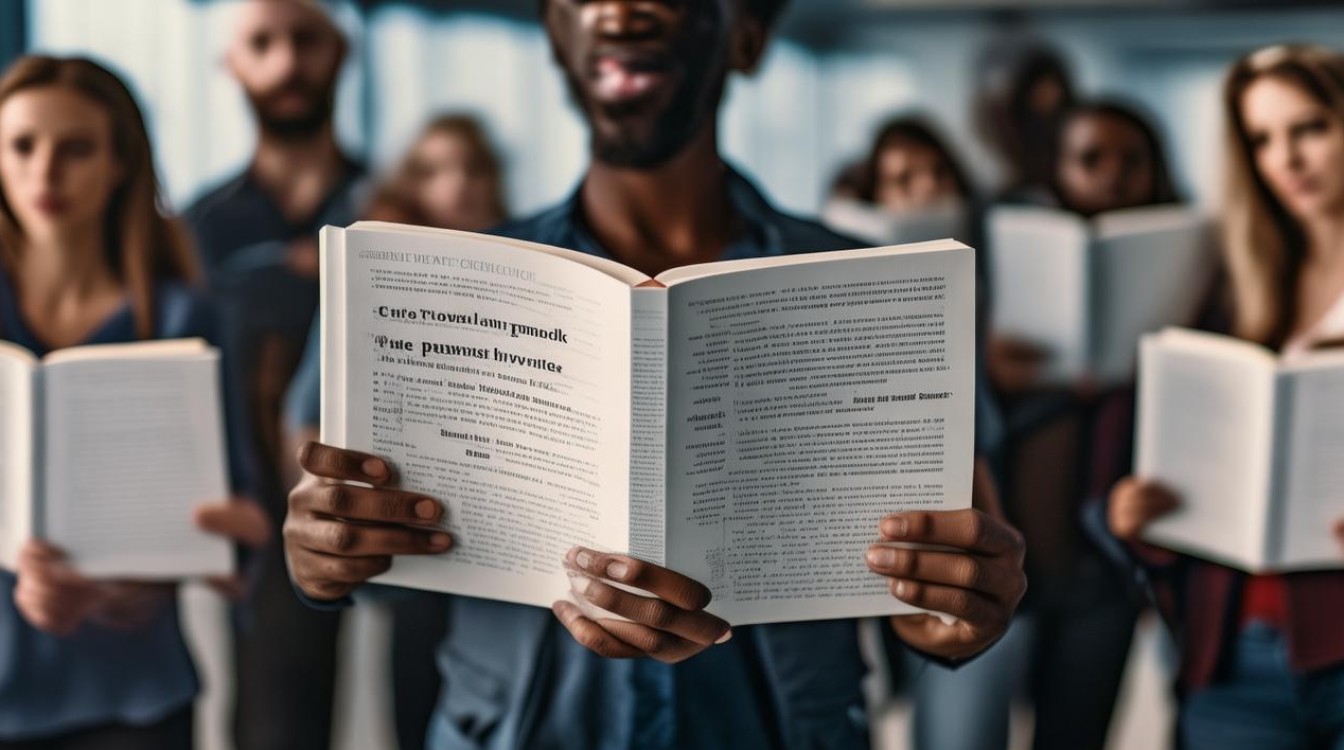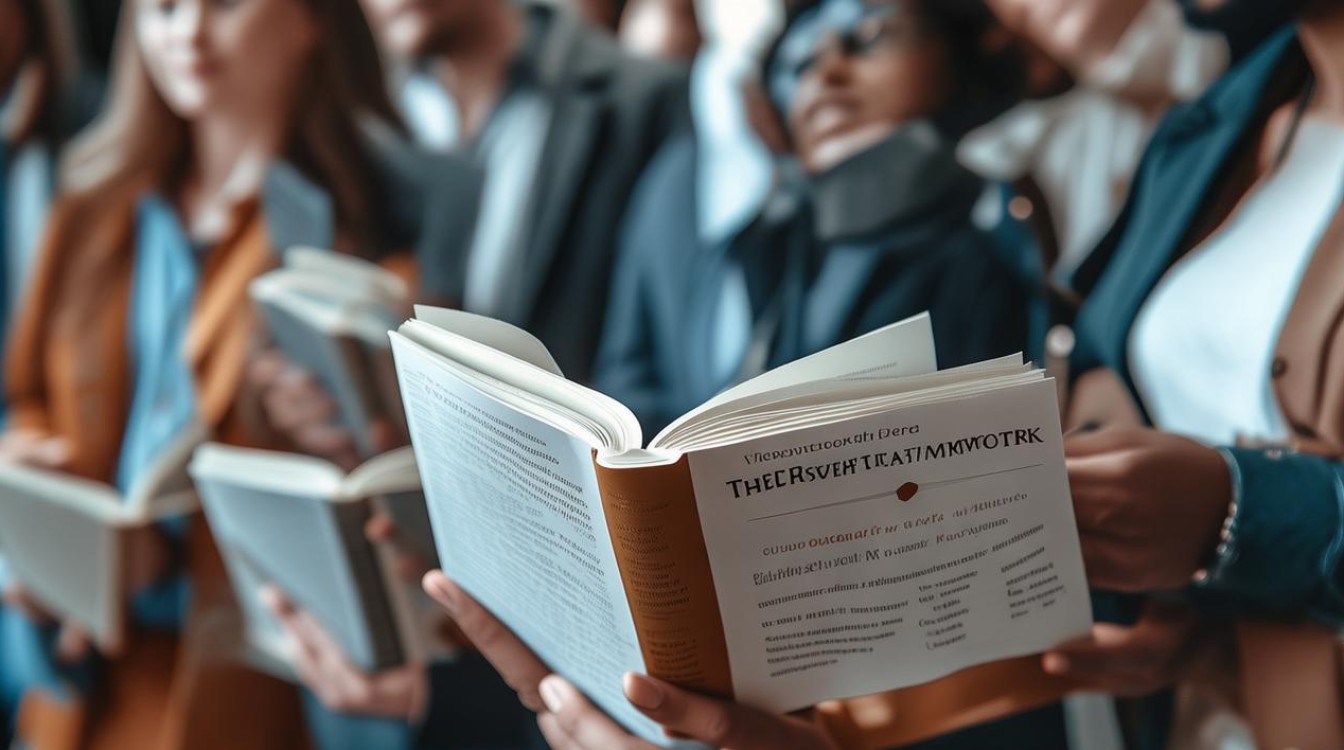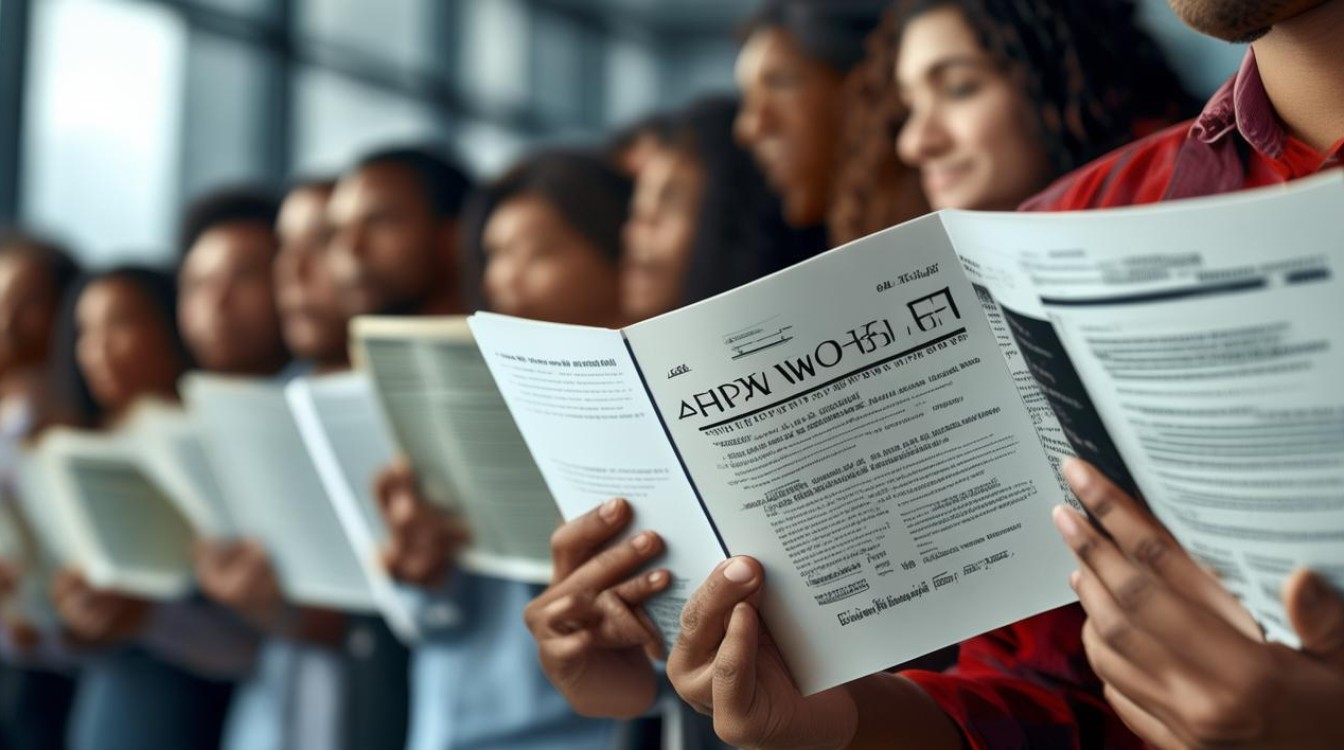In today’s interconnected world, teamwork has become an essential skill, not just in professional settings but also in academic pursuits like the IELTS exam. The ability to collaborate effectively with others is highly valued by universities and employers alike, making it a crucial topic for IELTS candidates to understand and articulate. This article explores the significance of teamwork, its benefits, and how it can be applied in both IELTS preparation and real-life scenarios.

Why Teamwork Matters
Teamwork is the foundation of many successful endeavors. Whether in business, education, or personal development, working with others allows individuals to pool their strengths, compensate for weaknesses, and achieve goals more efficiently. In the context of IELTS, understanding teamwork can enhance performance, particularly in the Speaking and Writing sections, where candidates may need to discuss collaborative skills or group dynamics.
One of the most compelling reasons teamwork is important is its role in fostering creativity and innovation. When people with diverse perspectives come together, they generate ideas that might not emerge in isolation. This principle applies to IELTS study groups, where discussing topics with peers can lead to deeper insights and better answers.
Benefits of Teamwork in IELTS Preparation
Enhanced Learning Through Peer Feedback
Studying for IELTS with others provides opportunities for constructive feedback. For example, in Writing Task 2, exchanging essays with study partners helps identify grammatical errors, improve coherence, and refine arguments. Similarly, practicing Speaking tasks in groups builds confidence and fluency, as candidates simulate real exam conditions.
Shared Resources and Strategies
Teamwork allows test-takers to share valuable resources, such as vocabulary lists, sample answers, and time-management techniques. A well-coordinated study group can divide research tasks, ensuring everyone benefits from collective knowledge.
Motivation and Accountability
Preparing for IELTS can be challenging, especially when studying alone. A team creates a support system where members encourage each other to stay on track. Regular group study sessions establish accountability, reducing procrastination and keeping motivation high.

Real-Life Applications of Teamwork
Beyond IELTS, teamwork plays a vital role in professional and academic success. Employers seek candidates who can collaborate seamlessly, as most workplaces rely on group projects and cross-functional teams. Universities also emphasize teamwork in group assignments and research projects, making it a skill worth mastering early.
In the workplace, effective teamwork leads to higher productivity and job satisfaction. Employees who communicate well, delegate tasks efficiently, and resolve conflicts constructively contribute to a positive work environment. These same skills are transferable to IELTS Speaking Part 3, where candidates may discuss workplace dynamics or leadership qualities.
How to Improve Teamwork Skills for IELTS
Participate in Study Groups
Joining or forming an IELTS study group is one of the best ways to practice teamwork. Engage in discussions, debate essay topics, and simulate Speaking tests with peers. This not only improves language skills but also builds confidence in collaborative settings.
Practice Active Listening
Strong teamwork relies on listening as much as speaking. During group study sessions, pay attention to others’ ideas and respond thoughtfully. This habit is particularly useful for IELTS Speaking, where follow-up questions require attentive listening.
Develop Conflict Resolution Skills
Disagreements are natural in teamwork, but handling them diplomatically is key. Practice expressing differing opinions respectfully—this skill is valuable in both IELTS Speaking and real-world interactions.

Take on Different Roles
In a team, individuals often assume various roles, such as leader, note-taker, or timekeeper. Experimenting with these roles enhances adaptability, a trait that can be discussed in IELTS Writing Task 2 essays on leadership or group dynamics.
Teamwork in the IELTS Exam
While IELTS is an individual test, the themes of collaboration and communication frequently appear in exam questions. Writing Task 2 might ask candidates to discuss the advantages of teamwork in education or the workplace. Speaking Part 3 could involve questions about the importance of cooperation in society. Being able to articulate clear, well-structured responses on these topics demonstrates a strong grasp of English and critical thinking.
For example, a high-scoring IELTS essay on teamwork might include points such as:
- Increased Efficiency: Teams accomplish tasks faster by dividing work.
- Diverse Perspectives: Collaboration brings together different viewpoints, leading to innovative solutions.
- Skill Development: Working with others helps individuals improve communication and problem-solving abilities.
Personal Reflections on Teamwork
Having worked with diverse teams in academic and professional settings, I’ve seen firsthand how collaboration drives success. In IELTS preparation, study groups transformed my approach to learning, providing fresh insights and keeping me motivated. The ability to work well with others is not just an exam topic—it’s a life skill that opens doors to new opportunities.
Mastering teamwork for IELTS goes beyond memorizing phrases; it involves understanding its real-world significance and applying it in daily interactions. Whether in an exam room or a boardroom, the principles of cooperation, mutual respect, and shared goals remain the same. By honing these skills, IELTS candidates not only improve their scores but also prepare for future challenges in education and career.

The journey to IELTS success is rarely a solitary one. Embracing teamwork makes the process more enriching and effective, proving that together, we achieve more.

